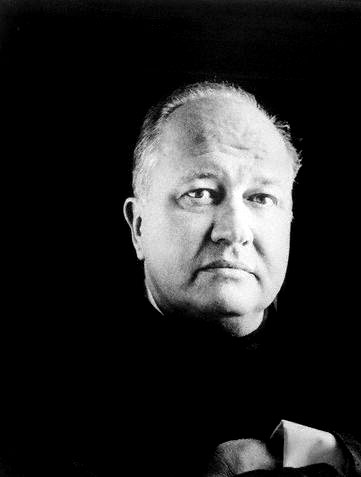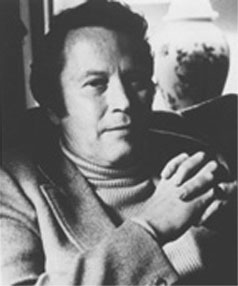The Waking by Theodore Roethke
This week, Roethke's beautiful and mysterious poem, The Waking. I'm interested to hear your thoughts on what it means. I don't believe there's one right answer.
Notice the poem's form--the villanelle. You may recognize it from Dylan Thomas's famous poem Do Not Go Gentle Into That Good Night. The villanelle form enhances this poem's content brilliantly.
The Waking
I wake to sleep, and take my waking slow.
I feel my fate in what I cannot fear.
I learn by going where I have to go.
We think by feeling. What is there to know?
I hear my being dance from ear to ear.
I wake to sleep, and take my waking slow.
Of those so close beside me, which are you?
God bless the Ground! I shall walk softly there,
And learn by going where I have to go.
Light takes the Tree; but who can tell us how?
The lowly worm climbs up a winding stair;
I wake to sleep, and take my waking slow.
Great Nature has another thing to do
To you and me, so take the lively air,
And, lovely, learn by going where to go.
This shaking keeps me steady. I should know.
What falls away is always. And is near.
I wake to sleep, and take my waking slow.
I learn by going where I have to go.
 Theodore Roethke (1908-1963) was born in Saginaw, Michigan. Stylistically his work ranged from witty poems in strict meter and regular stanzas to free verse poems full of mystical and surrealistic imagery. At all times, however, the natural world in all its mystery, beauty, fierceness, and sensuality, is close by, and the poems are possessed of an intense lyricism.
Theodore Roethke (1908-1963) was born in Saginaw, Michigan. Stylistically his work ranged from witty poems in strict meter and regular stanzas to free verse poems full of mystical and surrealistic imagery. At all times, however, the natural world in all its mystery, beauty, fierceness, and sensuality, is close by, and the poems are possessed of an intense lyricism.
Notice the poem's form--the villanelle. You may recognize it from Dylan Thomas's famous poem Do Not Go Gentle Into That Good Night. The villanelle form enhances this poem's content brilliantly.
The Waking
I wake to sleep, and take my waking slow.
I feel my fate in what I cannot fear.
I learn by going where I have to go.
We think by feeling. What is there to know?
I hear my being dance from ear to ear.
I wake to sleep, and take my waking slow.
Of those so close beside me, which are you?
God bless the Ground! I shall walk softly there,
And learn by going where I have to go.
Light takes the Tree; but who can tell us how?
The lowly worm climbs up a winding stair;
I wake to sleep, and take my waking slow.
Great Nature has another thing to do
To you and me, so take the lively air,
And, lovely, learn by going where to go.
This shaking keeps me steady. I should know.
What falls away is always. And is near.
I wake to sleep, and take my waking slow.
I learn by going where I have to go.
 Theodore Roethke (1908-1963) was born in Saginaw, Michigan. Stylistically his work ranged from witty poems in strict meter and regular stanzas to free verse poems full of mystical and surrealistic imagery. At all times, however, the natural world in all its mystery, beauty, fierceness, and sensuality, is close by, and the poems are possessed of an intense lyricism.
Theodore Roethke (1908-1963) was born in Saginaw, Michigan. Stylistically his work ranged from witty poems in strict meter and regular stanzas to free verse poems full of mystical and surrealistic imagery. At all times, however, the natural world in all its mystery, beauty, fierceness, and sensuality, is close by, and the poems are possessed of an intense lyricism.




